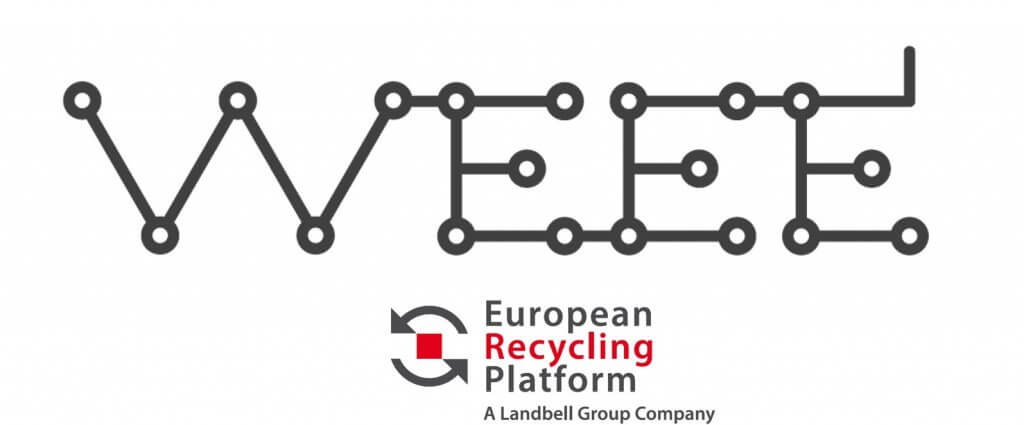Study concludes that the free competition of the Compliance Schemes benefits the circular economy
Commissioned by ERP, the study analyses the functioning of PROs in several European countries
Study concludes that the free competition of the Compliance Schemes benefits the circular economy
-
Commissioned by ERP, the study analyses, on an international scale the functioning of PROs in several European countries
Compliance schemes, key elements of the circular economy, tend to function better where there is competition between multiple organisations of this kind. This is one of the main conclusions of the study conducted in several countries and different flows of wastes by the think tank Adelphi, commissioned by European Recycling Platform. The study also issues recommendations on how to further boost the performance of EPR organizations on an international scale.

The study concludes that Compliance Schemes operating in a competitive environment perform better in terms of fostering innovation and improving the services on offer to producers. They also tend to provide greater customer satisfaction and ensure profitable implementation of waste management activities like collection, classification and recycling.
Monopoly systems, on the other hand, tend to be efficient, but often with greater innovation costs and a greater risk of abuse of power in the market when transparency is not sufficient. These results are based on the waste flows analysed: electrical and electronic devices, batteries and accumulators and containers.
News & Events
Latest news and events
It is not only about process and compliance, but also about networking. ERP shares knowledge, insights, and news so that together we promote the sustainable agenda.
News
October 14th, 2022
“Recycle it all, no matter how small”
News
May 2nd, 2022
This year’s Green Alley Award goes to the German start-up Voltfang


